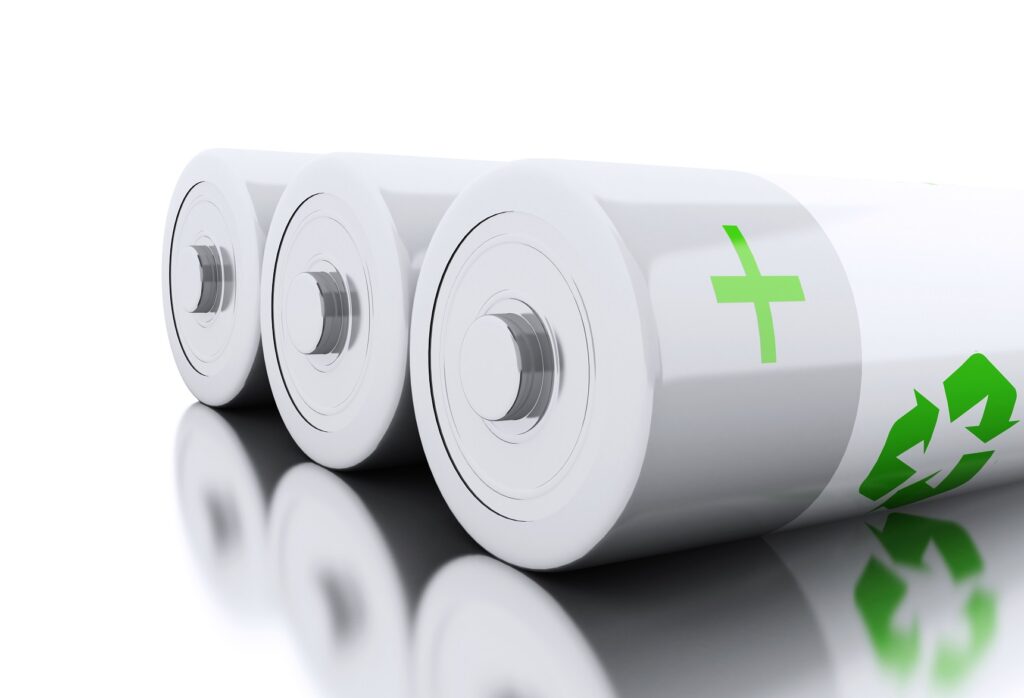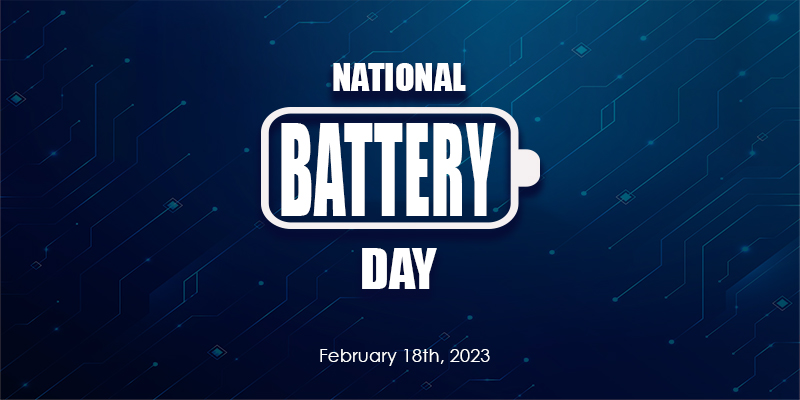EVs and Li-ion batteries are the keys to a greener future, and here’s all you need to know.
In 1780, Italian biologist Luigi Galvani discovered that when two different types of metal came into contact with a dead frog’s leg, an electrical current ran between them and caused the leg to twitch. This is said to mark the first discovery of the principle behind batteries.
Over the years, the battery has become an integral part of our lives, without which our real-time world would have been incomplete. Mobile phones, Bluetooth devices, laptops, vehicles, and everything else that we depend on today to live in a comfortable and communicative world wouldn’t have been possible without batteries. With every adoption and adaptation comes demand. Today’s demand is to make a better, longer-lasting, and safer battery. High demand has to be met with high supply, which poses a threat to our natural resources. Lico Materials recognises this threat and works to get the most out of our natural resources through battery recycling. Our resources need to be used effectively and efficiently in order to get the most out of them, without causing damage to the environment.
As we celebrate World Battery Day on 18th Feb, it is imperative that we act in ways to reduce our dependence on natural resources and look at alternate means of raw material supply and new innovative ways of developing long-lasting batteries.
Lithium-ion batteries have become the standard for batteries as they are the most efficient in terms of energy storage capacity and safety. Materials like cobalt, manganese and nickels are used for production, and lithium ions are used, not lithium metal. Li-ion batteries often take up less space and have a higher energy density than other rechargeable batteries. Due to their high efficiency and safety, Li-ion batteries are being used in EVs and are helping the world reduce its reliance on non-renewable sources of energy.
EV manufacturers claim that their batteries will last 10-20 years and account for up to 40% of the value of the EV. The battery goes into discharge mode and consumes the stored energy to power the motors which drive an EV’s wheels. The amount of energy generated and saved by Li-ion batteries will be the key to a greener future.

The demand for EVs has been increasing since their introduction, and with that, the demand for lithium has skyrocketed. Only a handful of countries export lithium, and most countries, including India, rely heavily on the import of the metal. To reduce the dependency on imports and increase the efficiency of used metals, Lico Materials processes old Li-ion batteries to give them a new life and help produce Li-ion batteries without wasting a single component.
Recently, a massive reserve of lithium weighing 5.9 million tonnes was found in Jammu & Kashmir. It is the very first time that lithium has been discovered in India. However, it remains to be seen if it can be used for production and other activities. The discovery could be great news for India as this reserve can help boost the EV market and further help reduce the dependency on imports from China and USA.
Lico Materials has taken a step towards the alternative by recycling used Li-ion batteries in a zero-wastage process and extracting some of the raw materials from the used batteries to produce new batteries. This initiative by Lico Materials offers an eco-friendly solution for the ever-growing demand for Li-ion batteries.
In 2020, Elon Musk made some big announcements. The major one is that the company plans to eliminate cobalt in its batteries and manufacture its own “tabless” batteries, called 4860 cells. These batteries are six times more powerful, and the range will be increased by 16 percent. The new battery technology will make cheaper Tesla cars a reality. New developments in the battery production industry point towards a cleaner and greener future.



